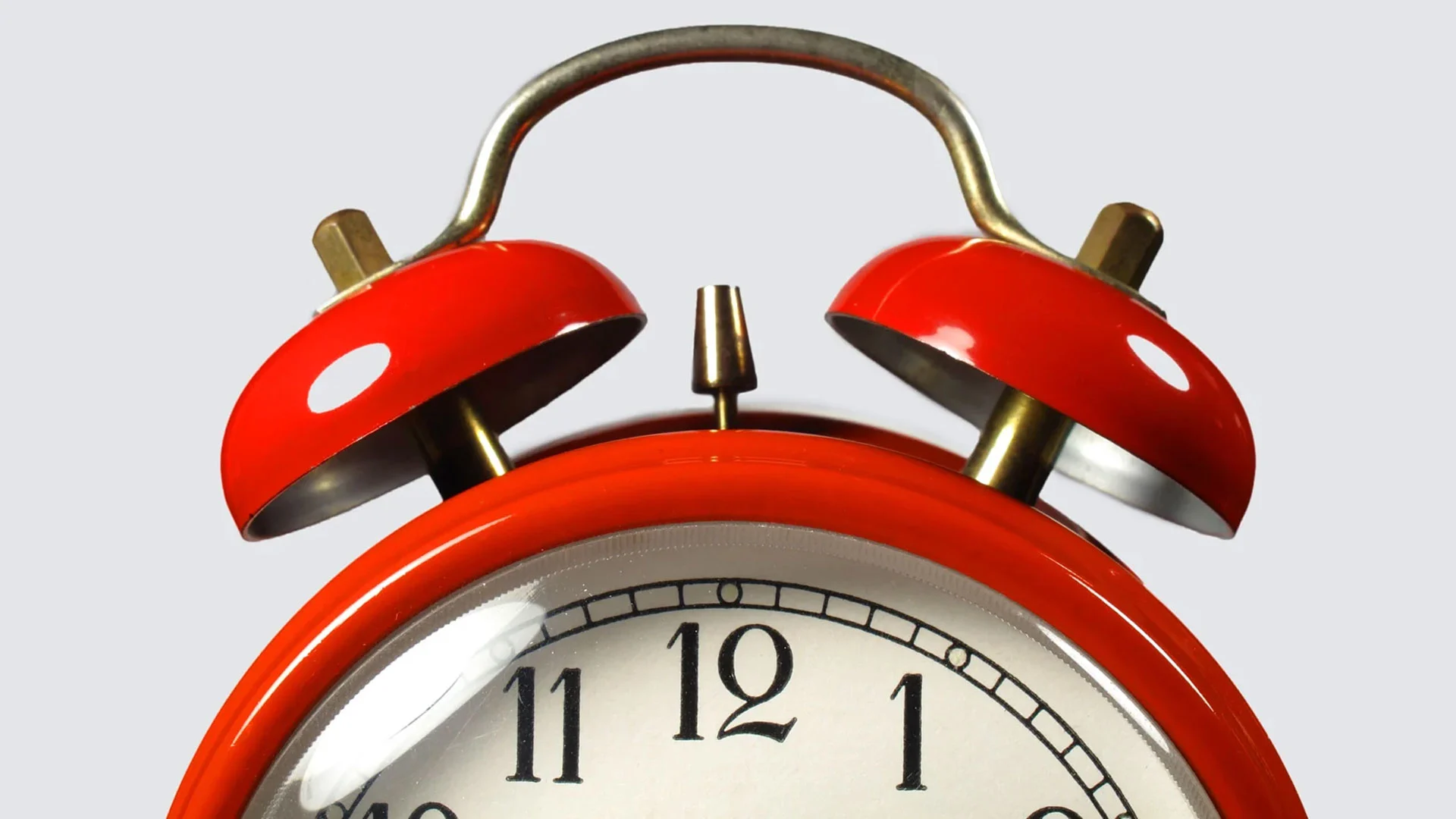
"The researchers analyzed the results of over 100,000 oral exams conducted at an Italian university and found a clear bell curve in pass rates that peaked at noon, regardless of the test taker's chronotype. (More on that in a moment.) Between 11 a.m. and 1 p.m. is the sweet spot; any earlier or later and the chances of passing significantly decreased. In fact, the earlier or later in the day students took a test, the less likely they were to pass."
"Falling energy levels are also to blame. And if you have a "test" scheduled for late afternoon, you probably stress about it during the day, and stress inevitably leads to poorer performance. And then there's the person who evaluates you. As the researchers write: The progressive decline in passing rates observed in the afternoon may be due to ego depletion, as students' and assessors' cognitive resources become fatigued by the examination stress, which is known to impair self-control, ultimately leading to reduced passing rates."
Analysis of over 100,000 oral exams at an Italian university found pass rates follow a bell curve that peaks at noon, independent of test-taker chronotype. Pass rates are highest between 11 a.m. and 1 p.m., and decline progressively the earlier or later a test occurs. Morning cognitive performance rises and then falls in the afternoon, while falling energy and anticipatory stress reduce late-afternoon performance. Evaluator fatigue and ego depletion can increase rejection bias as cognitive resources and self-control wane. The combined effects of fatigue, stress, and assessor depletion explain lower passing rates outside midday.
Read at Fast Company
Unable to calculate read time
Collection
[
|
...
]